
Dates: June 24, 2019 - July 15, 2019
Location: Bocas Research Station, Bocas del Toro, Panama
Organizer: Dr. Rachel Collin
Registration Fee: $1000 (includes room and board, STRI registration fee, etc.). Some need-based fellowships are available.
Instructors:

Dr. Robert Thacker
Stony Brook University
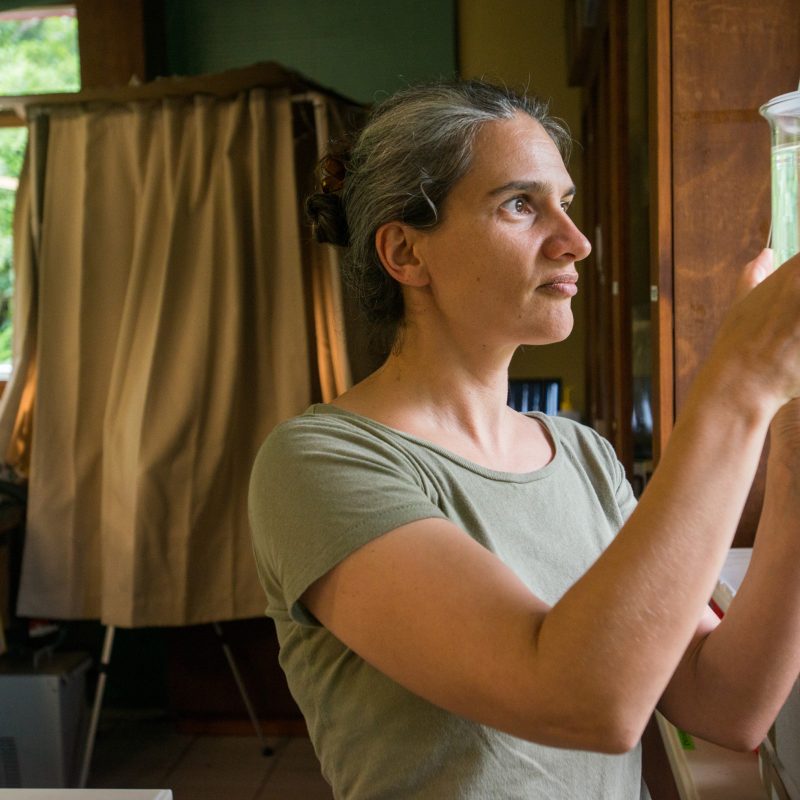
Dr. Rachel Collin
STRI, Panama

Dr. Cristina Diaz
Nova Southeastern University

Dr. Cole Easson
Middle Tennessee State University, USA
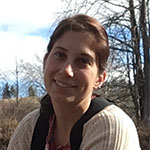
Dr. Cara Fiore
Appalachian State University, USA
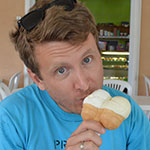
Dr. Chris Freeman
College of Charleston, USA
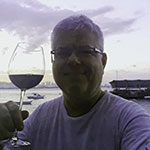
Dr. Eduardo Hajdu
Museu Nacional, Rio de Janeiro, Brasil
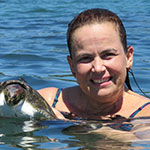
Dr. Giselle Lôbo-Hajdu
Universidade do Estado do Rio de Janeiro, Brasil
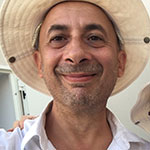
Dr. Thierry Perez
CNRS, IMBE, Station Marine d’Endoume, Marseille, France
Course description:
This course is intended for graduate students, post-docs, or professionals who are interested in learning and applying knowledge about the taxonomy, evolution, and ecology of one of the most conspicuous organisms in tropical benthic ecosystems, marine sponges.
The students participating in this course will:
- Learn to describe and identify the most common sponges living on the mangroves and shallow coral reefs of the Bocas del Toro region;
- Learn general biological and ecological characteristics of marine sponges;
- Gain hands-on ecological and taxonomic experience with tropical marine sponges;
- Learn basic ecological survey techniques; and
- Learn how to conduct physiological experiments with sponges.
This course seeks to give the participants the necessary tools to continue studies on the taxonomy, systematics, ecology, and/or evolution of sponges. This edition of the course will also include discussions of the origins of Metazoa, and the relative phylogenetic placements of sponges, cnidarians, and ctenophores. The course will last 21 days, with seven days mostly dedicated to taxonomic training, seven days to evolutionary and ecological work, and seven days dedicated to a selected project, and its presentation.
Daily activities will include: morning and afternoon lectures, field trips, laboratory work, and evening discussions or talks.
Application: This course is directed towards advanced graduate students, post-docs, and young investigators, and will be conducted in English. Please e-mail your CV, 1 letter of recommendation, and a 1-2 page statement explaining your background and reasons for taking the course, to bocasresearchstation@gmail.com before January 31, 2019. To be considered for a need-based fellowship, applicants should send a description of their need, their efforts to obtain funding from other available sources, and a travel budget. For more information see: http://www.stri.si.edu/sites/taxonomy_training
Participants:
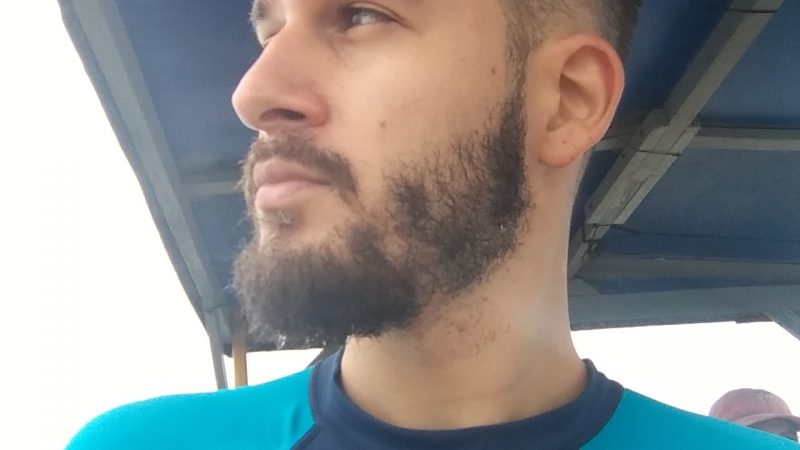
Alexander Jose Araya Vargas
Museum of Zoology, University of Costa Rica, Costa Rica
I'm a Costa Rican marine biologist and a MSc. graduate in Marine and Coastal Sciences from the National University of Costa Rica. My passion for marine sponges began with my Master's degree thesis on reef sponges of the southern Caribbean of my country. While I was working on that, I noticed there were a lot of information gaps related to these amazing organisms and this led me to want to know more about them. Currently, I collaborate with the Zoology Museum of the University of Costa Rica as a volunteer curator for the Porifera collection. I also participate in some of the institution's projects by collecting, preserving and identifying sponge specimens, mainly from the Pacific of the country.
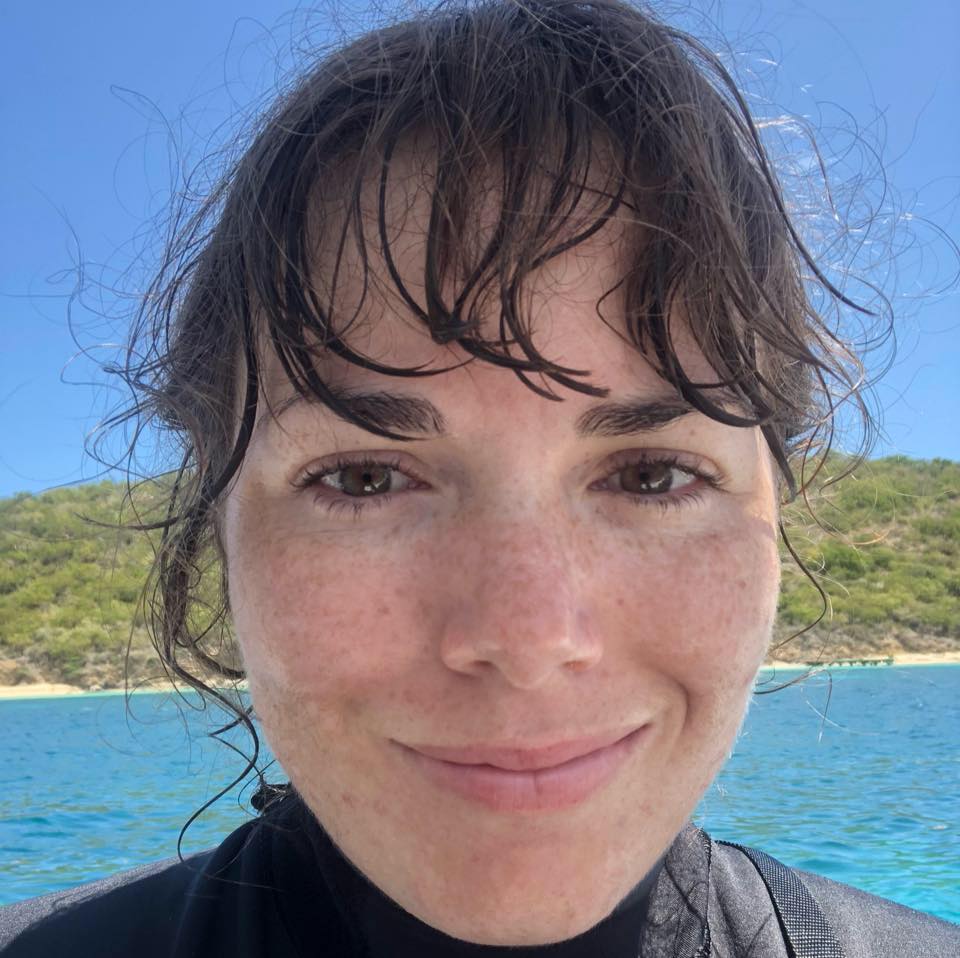
Amelia Mary Frances Clayshulte
University of Mississippi, United States
My research in a nutshell focuses on the chemical ecology of sponges, specifically how their anti-predator and antimicrobial chemical defenses vary over geographical and depth gradients. Furthermore, I plan to evaluate the molecular mechanisms that underpin the production of these defenses in a select species.
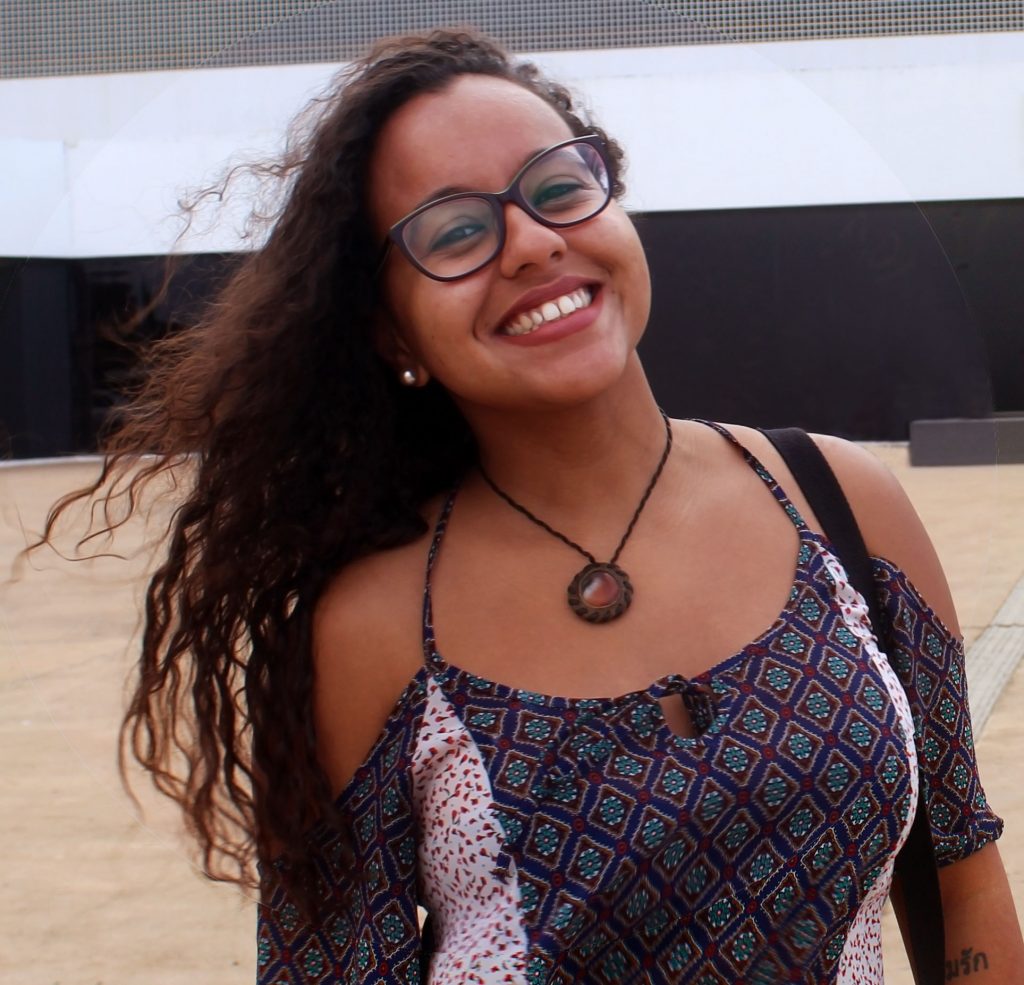
Bárbara Ribeiro Gomes
Federal University of Rio de Janeiro, Brazil
I am a Ph.D. student at the Federal University of Rio de Janeiro - Brazil, advised by Professor Michelle Klautau. My main research interests are the ecology, microbiology, biomineralization and climate change effects on calcareous sponges. I have been working with sponges since my undergrad in marine biology, when I studied the ecological interactions of a calcareous sponge with the surrounding benthic community and also the biomineralization of calcareous sponges spicules. In my master course, I investigated calcareous sponges response to ocean warming and acidification, performing detailed analyzes of their skeleton and bacterial community. Currently, in the Ph.D. project, my main goal is to deepen knowledge on climate change science, using two species of calcareous sponges at different life stages (adult and juvenile) as models. For this, I am going to analyze their skeleton, microbiota, cells and verify the possible presence of adaptive mechanisms that these sponges might have and that could enable them to survive in future conditions of elevated temperature and low pH, such as the protection of the organic layer in the skeleton, the ability of regulating the pH at the calcification site and maintenance or restructuring of the their associated microbiota.

Bobbie Lynn Renfro
Florida State University, United States
I am interested in anthropogenic disturbances to coral reef ecosystems with particular interest in how nutrient enrichment may be altering sponge communities on reefs.
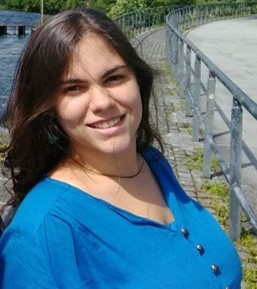
Dora De Moura Barbosa Leite
Universidade Federal do Rio de Janeiro, Brazil
I work with integrative taxonomy, using morphological and genetics data to aid in identification and phylogenetic reconstruction of marine Demospongiae. In my master's degree I studied a complex of species of Mycale from Brazil and the Caribbean, using morphology and the 16S and ITS2 molecular markers. Currently, I have been working on my thesis that aims to understand the phylogenetic relationships within Poecilosclerida, the largest order in Porifera, using data from the mitochondrial genome and the analysis of mitogenome architecture. At the same time, I have been developing an integrative taxonomy project of the Merliidae Family.
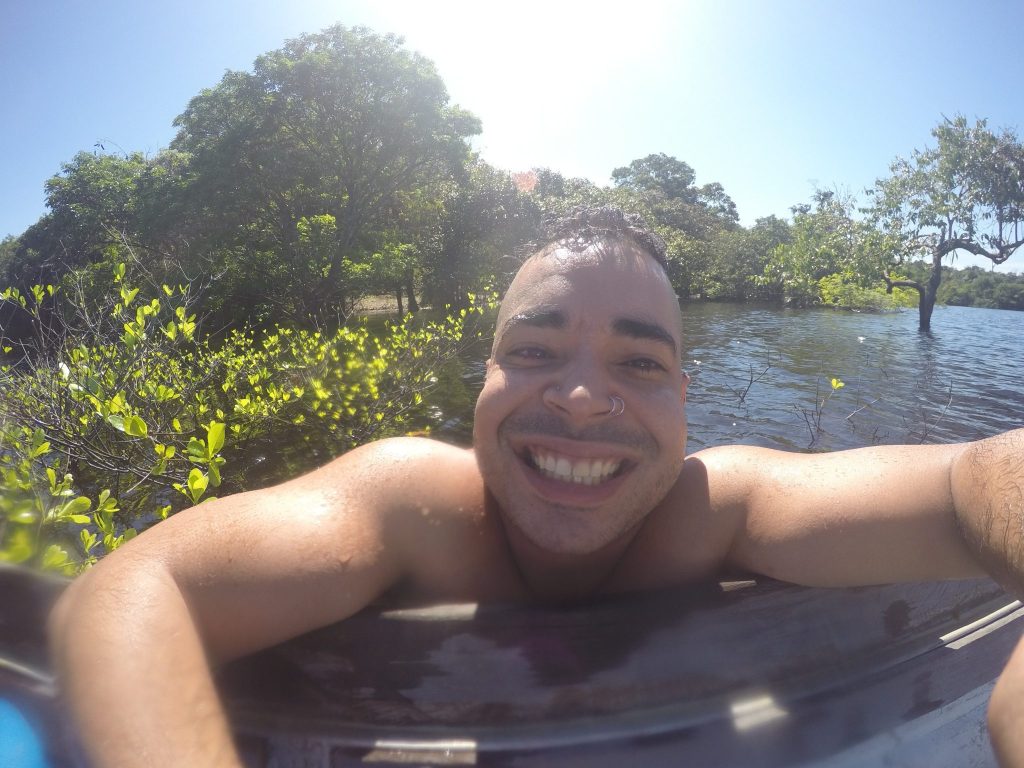
Gabriel Silva de Souza Nunes
Federal University of Amazon, Brazil
I’m biology graduate from UFAM (Federal University of Amazon). After several field works in Negro River Basin i started researching sponges in INPA (National Institute of Amazon Research), however, there are no spongiologists in Amazon, so my researches are autonomous and self taught, which is one of the reasons that was so difficult to remain in just one field of work (and also to get concise data)regarding sponges on my projects. On the other hand, I’m in the course of an application process through some colleges, so I cannot tell right now in which sponge area i’m going to dive in, but i am mostly interested in the relations among sponges and their microbial fauna associated as well as the effects of pollution and heavy metals in this microbiota and the sponge itself. But one thing that i can tell is that my goal is to continue working with sponges in Amazon, and i believe this course is going to give me the necessary tools for broadening my knowledge and in the future allow me to do more sophisticated and focused researches here. I am really looking foward to learning as much as i can from everybody in this course and meet great spongiologists from around the world. Up to now my researchs were mostly related to life-cycles of Amazon sponges.(But i’ve been working on a Project regarding) At the present time i’m working on a project regarding Mercury (Hg) and its effects on Amazon sponges for a masters in USP (University of São Paulo).

Heather Ann Stewart
McGill University, United States
Currently a PhD candidate at McGill University in the Biodiversity, Ecosystem Services, and Sustainability (BESS) program, my dissertation focuses on the effects of stress and disturbance on marine biodiversity. I specifically focus on the epibiont communities living on the aerial prop roots of the red mangrove Rhizophora mangle within the Caribbean. My research spans from Florida and the U.S. Virgin Islands to Panama, with the majority of my studies based in Bocas del Toro, Panama. I am interested in how sponge ecology and physiology shape their role as foundation species within the epibiont community.
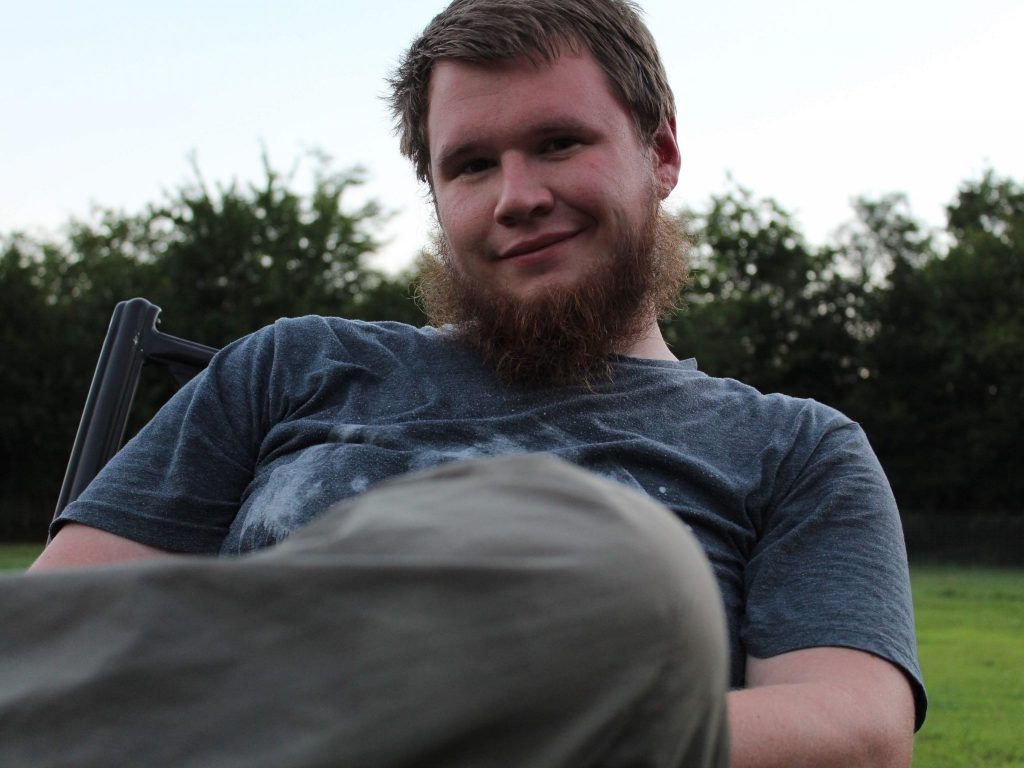
Jeremy Edward Smith
Middle Tennessee State University, United States
I recently graduated from Middle Tennessee State University with my Bachelor’s degree. I worked for several years as a teaching assistant for our Invertebrate Zoology course where I setup, and still, maintain a mixed reef saltwater aquarium for educational use. During my undergraduate career I worked as a student researcher for Dr. Ashley Morris and Dr. Brian Miller. Beginning in the Fall I will start the Master’s degree program at MTSU where I hope to further my knowledge in the field of genetics and invertebrate zoology.
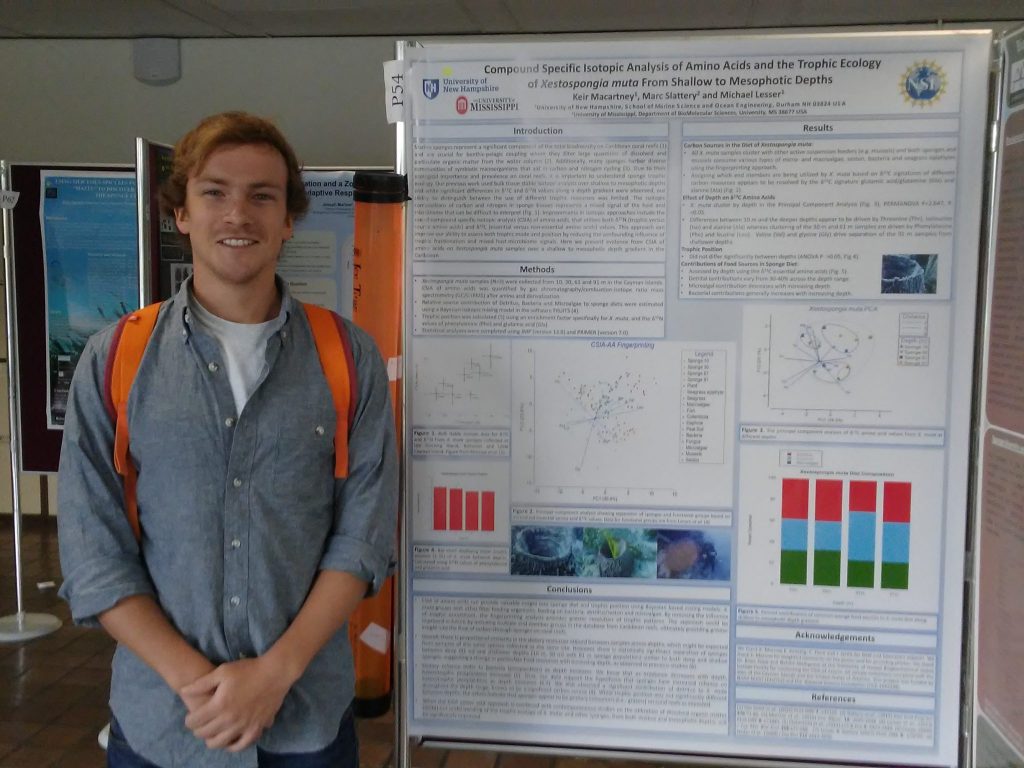
Keir John Macartney
The University of New Hampshire, United States
I am a PhD student in the Molecular, Evolutionary and Systems Biology program at the University of New Hampshire. I focus on the trophic ecology of Caribbean sponges in the mesophotic zone (30 – 150 m) using in-situ growth experiments, bulk and compound specific isotope analyses and 16s metabarcoding for microbial community composition/functional inference. This project aims to increase our understanding of why sponges grow faster and are more abundant at mesophotic depths. For much of my field work I utilize technical closed circuit rebreather diving and I hope I can continue to promote the use of this technique as a means to study mesophotic coral reefs globally.
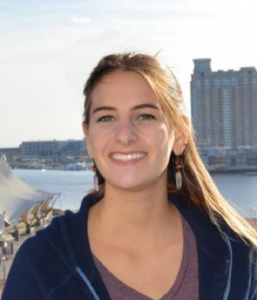
Lauren Jonas
University of Maryland Center for Environmental Science, United States
Marine sponges and their bacterial symbionts are now understood to be major transformers of dissolved organic nitrogen and carbon into particulate detritus by way of the recently discovered “sponge loop” (de Geoij et al. 2013). However, the same insights have not yet been extended to phosphorus. In fact, the phosphorus cycle within sponges has barely been studied, although sponges have been shown by the Hill Laboratory to contain large amounts of phosphorus in the form of polyphosphate (poly-P).[2] I am building upon this research in Dr. Hill’s laboratory at the Institute of Marine and Environmental Technology. My research addresses whether sponges and their symbionts encode and express the poly-P synthesis gene, polyphosphate kinase (ppk). My research also aims to determine if sponges assimilate phosphate from ambient dissolved inorganic phosphate (DIP), dissolved organic phosphate (DOP), or if phosphate is supplied by the sponges’ bacterial diet. Phosphorus cycling within the sponge, Lendenfeldia chondrodes, is being tracked directly by using radio-labeled 32P within a closed aquarium system.
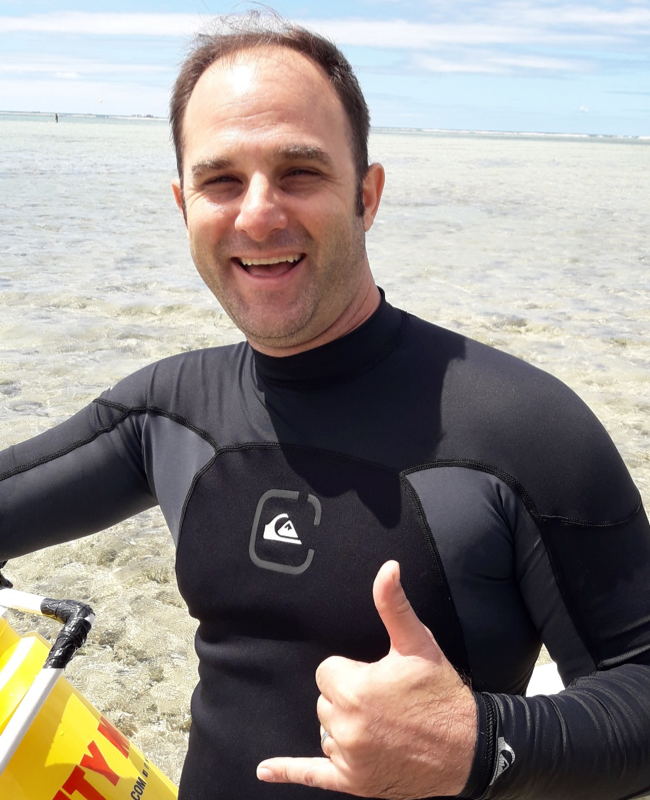
Michael Allen Wallstrom
University of Hawaiʻi at Mānoa, United States
Aloha, my name is Michael Wallstrom. I am currently investigating the interactions of Porifera and invasive macro algal mats in the disrupted ecosystem of Maunalua Bay, Oahu, Hawaii. Maunalua Bay has seen a dramatic shift in the ecosystem due to sedimentation and submarine ground water discharge that has allowed for an invasive macro alga to dominate the benthic substrate. The algal mats have recruited a unique community of sponges; however, little is known about these sponges. Currently we are using COI barcoding to determine whether these sponges are endemic, native, or non-native species. The results will help in understanding degraded ecosystems and their potential to facilitate native species.
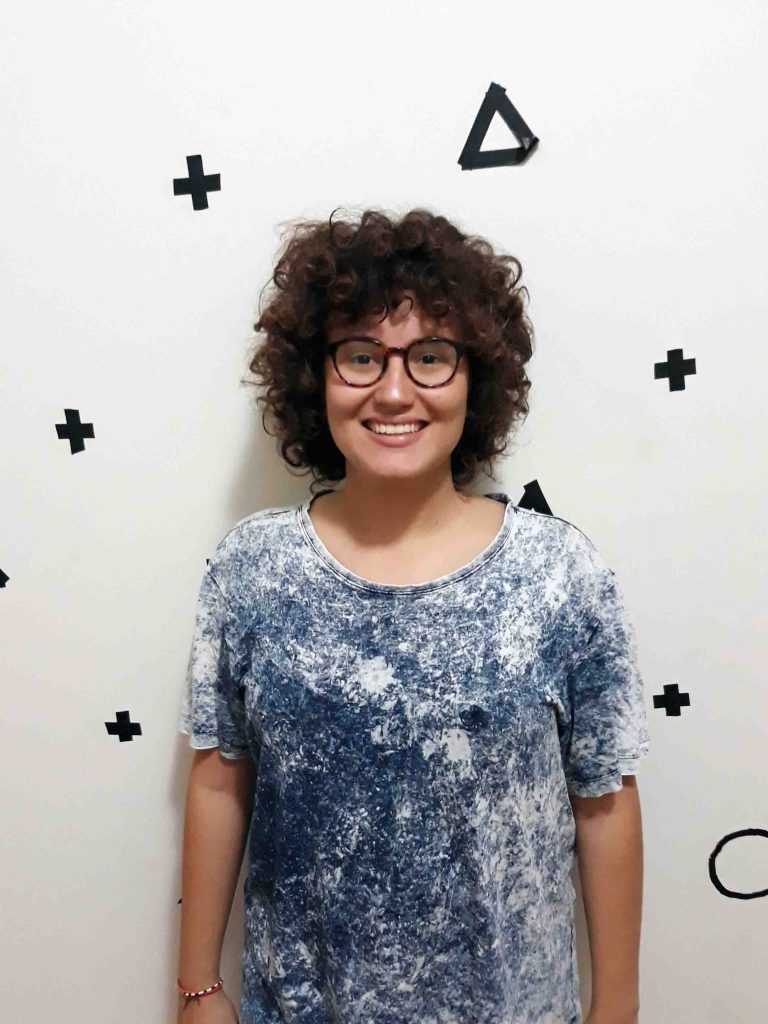
Raisa Campos Rizzieri
Universidade Federal do Rio de Janeiro, Brazil
I am a master’s student at Universidade Federal do Rio de Janeiro (UFRJ) - Brazil, supervised by Prof. Michelle Klautau. My project is a revision of the genus Ascandra, class Calcarea. I am using Integrative Taxonomy to review the features of the group and confirm which species really belong to the genus. As an undergraduate I also worked with Integrative Taxonomy although focusing on identifying Calcareous sponges from the Lesser Antilles, Caribbean Sea. My aim with the course is to develop my knowledge in sponges and also in research possibilities to study them. I am very grateful for the opportunity and excited to meet everyone.
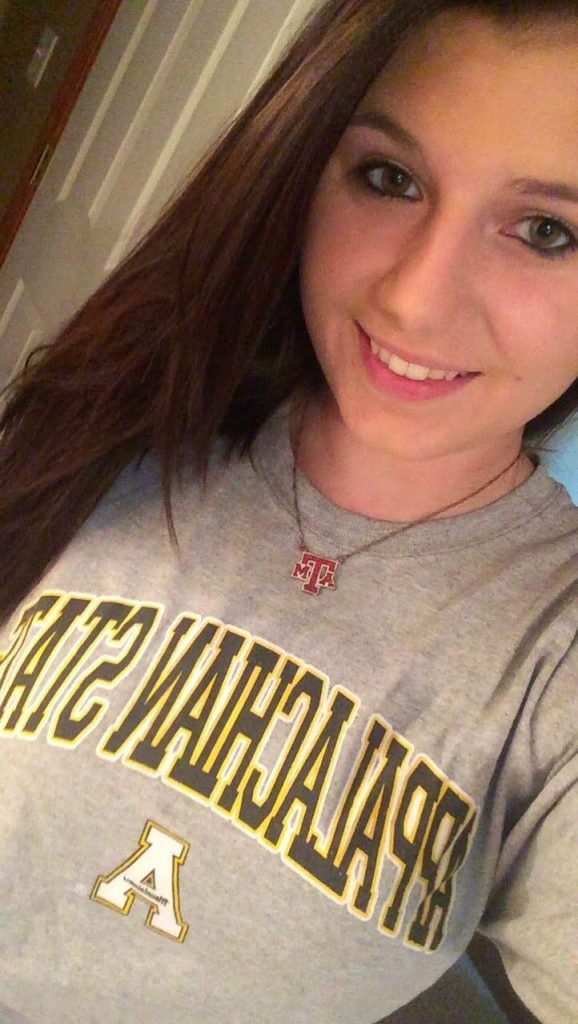
Taylor Ann Strope
Appalachian State University, United States
My name is Taylor Strope, I am currently attending Appalachian State University in Boone, North Carolina where I am pursuing my Masters in Biology with a concentration in Cellular and Molecular. I work under the supervision of Dr. Cara Fiore. Our focus is on freshwater sponges in the Appalachian mountain range in the southeastern United States. Few studies have investigated the biology or ecology of these freshwater sponges. More recently, however, one area of sponge research has drawn interest in freshwater sponges, that is understanding the microbial communities associated with these sponges. Microbial interactions with sponge hosts are well studied in marine sponges, but there is a lack of comparable research on freshwater sponges. It’s been shown some freshwater sponges, host diverse microbial communities within their tissue and some of these microbes have integral roles in the health of the sponge host and are of interest in natural product research. The microbial communities associated with sponges are generally considered to be commensal, although there are some notable mutualistic and pathogenic exceptions, and these microbes are collectively known as the microbiome of the sponge. These microbial communities may be influential in affecting the host sponge ecology, distribution, and possibly even their morphological development. The goals of my research are to understand how the composition of these microbial communities change as the sponge undergoes developmental changes involved in asexual reproduction, and determine what role, if any, the microbiome may have in the facilitating developmental change of the sponge host. These goals will be addressed by examining expression of host and symbiont genes before and after a major development stage (formation of overwintering bodies called gemmules) in the asexual reproductive cycle of freshwater sponges. This study has implications for better understanding the functional roles of the microbiome in an invertebrate host.


This project is supported by the National Science Foundation’s Office of International Science & Engineering (OISE) through an award titled “IRES Track II: International Training to Understand the Relationships of Non-Bilaterian Animals” (OISE-1828949). Any opinions, findings, and conclusions or recommendations expressed on this website are those of the authors and do not necessarily reflect the views of the National Science Foundation.
























